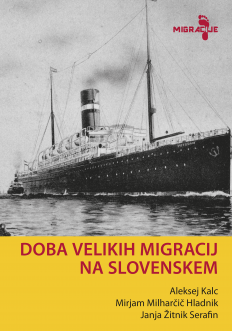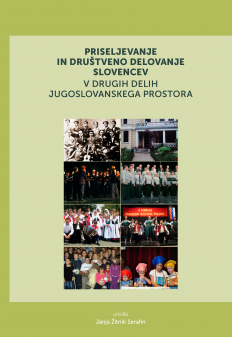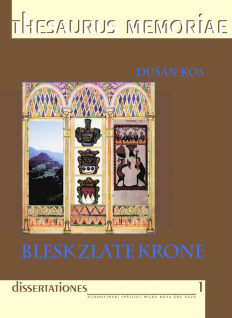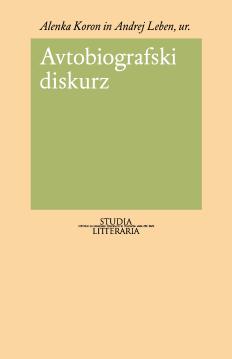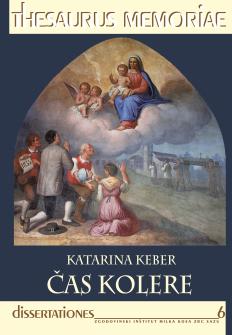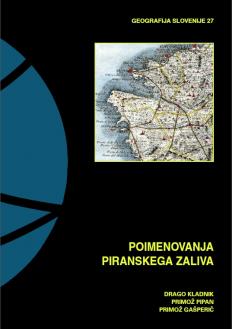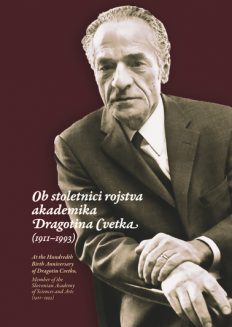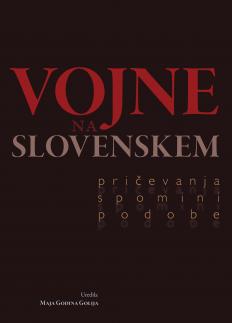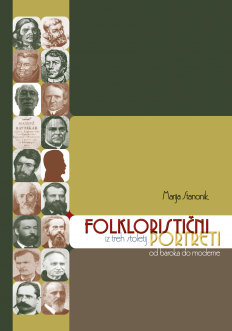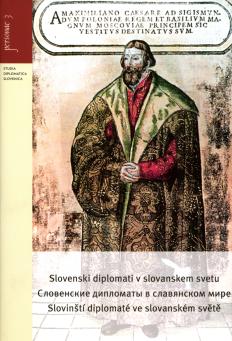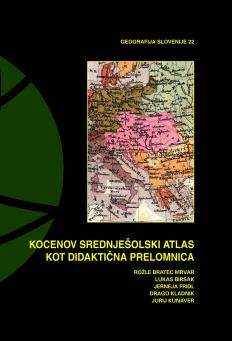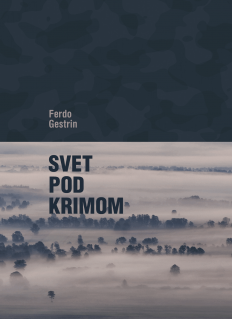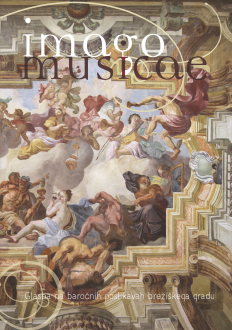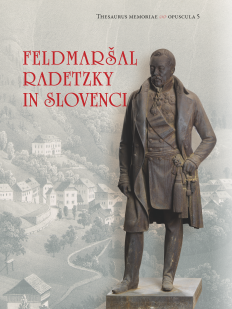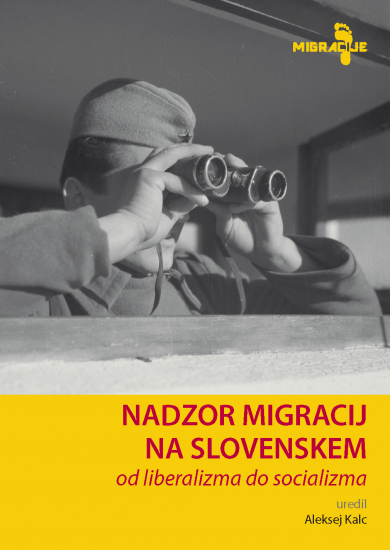
Are migration and migrant control really just an issue of globalisation and one of the great challenges of our era? Certainly not. Mobile people have always been the subject of special attention, since migratory phenomena are both the result and agent of social and relational dynamics, sources of integration processes and conflicts. For this reason, the attitude towards emigrants and migrants has been relevant throughout history, and has found a place in political-administrative systems and practices. The Slovenian space is particularly interesting from the perspective of migration control, as geopolitical changes and systemic socio-political transitions allow for a privileged observation of ruptures and continuities in the relations between the state and migration. The present volume offers some insights into migration regimes, policies and control practices in the three historical phases that marked migration issues in the nineteenth and twentieth centuries, namely in the era of liberalism until World War I, in the interwar period of strong nationalisms, and in the post-World War II period, when the division between the socialist and capitalist worlds passed through the Slovenian territory.
hardback 16,5 × 23,5 cm 336 pages
Keywords
history | migration | Slovenia